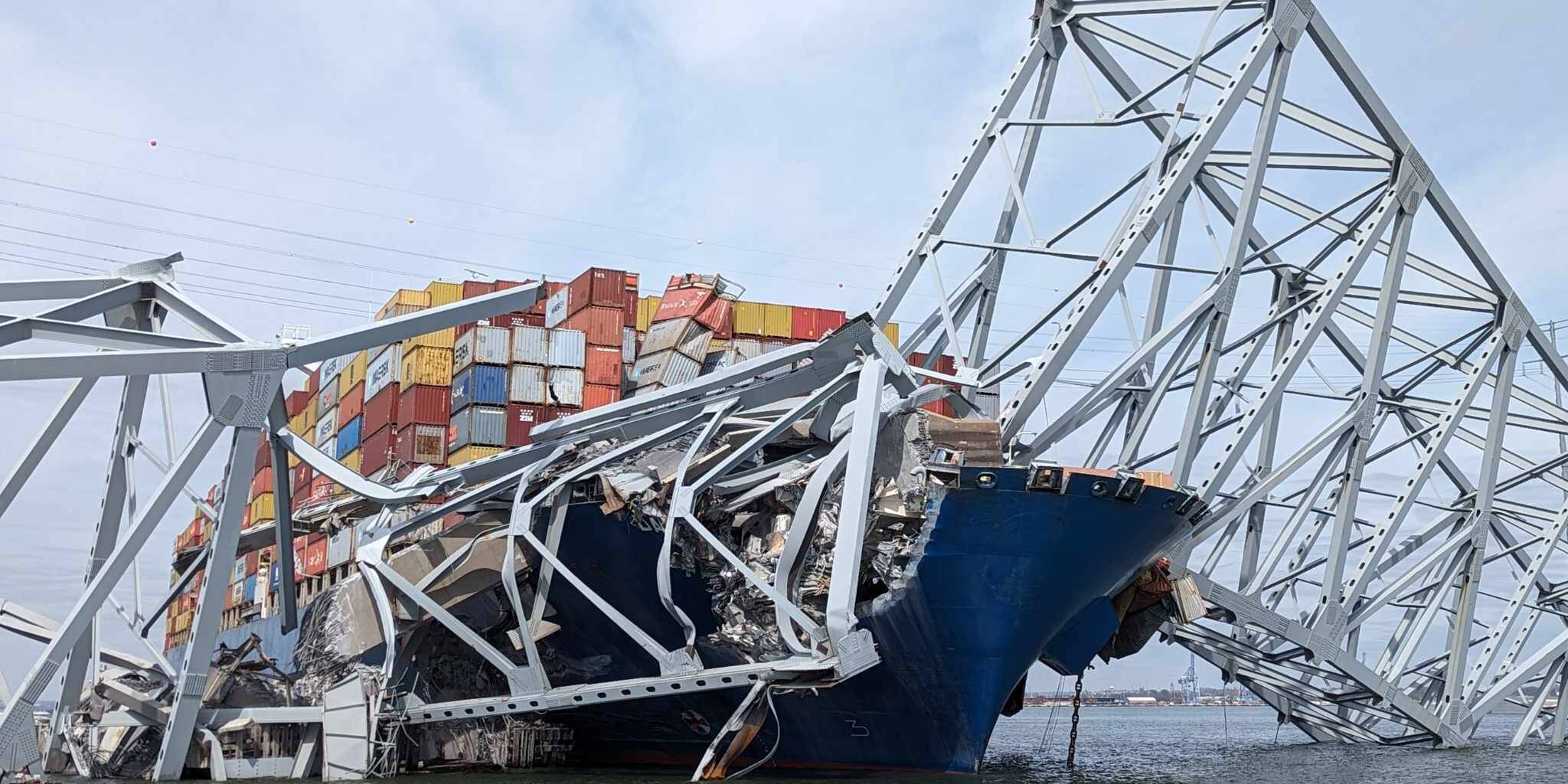Brad Glosserman for the Pacific Forum
This is a transitional moment for the Indo-Pacific. Regional governments are forging new security relationships—the Japan-Australia partnership is the leading edge, as various European governments jostle for inclusion—and new institutions are emerging—from AUKUS to the Quad in the security sphere and at the same time, economic configurations include CPTPP and RCEP.
How did we get here? There are several explanations. Realists insist that rising powers create instability, triggered either by their ambition or the hegemon’s insecurity. For others, the unraveling of the architecture of coexistence, in which China provided markets and the US provided security, was the problem. To my mind, there are still more basic explanations.
First, you need a threat, a source of instability big enough to motivate states to act. With all due respect to John Mearsheimer, China doesn’t fit the bill—at least, not until recently. China has been rising for decades and while that created concern, there wasn’t concerted action to balance against it until Xi Jinping took power. He inherited a powerhouse economy and a modernizing military and married them to ambition and vision—a Belt and Road Initiative that girdled the globe—to pursue the China dream. His ascension and his muscular foreign policy unnerved governments worldwide. If the dream belonged to the nation, it is Xi who acted to make it real: The elimination of rivals, the consolidation of power, and efforts to entrench himself in office make plain that he is a singular world-historical individual who drives decision making in Beijing.
That security threat has been magnified by perceived unreliability on the United States. It’s tempting to blame Donald Trump for this. He created considerable unease with his disdain for alliances, contempt for multilateralism, and narrowly defined view of US national interests, but concern predates his administration. The US refusal to ratify the Trans-Pacific Partnership, a strategic agreement masquerading as a trade deal that Washington was instrumental in negotiating, is the most glaring example, and that was President Obama’s fault. The failure to ensure that China honored the purported agreement to withdraw its forces from Scarborough Shoal was another blow to US credibility.
Trump’s mercurial and transactional approach to policy crystalized fears and left allies and partners wondering what might be next. While the worst predictions did not come true, the damage was done. Governments around the region know that even if Trump departed, Trumpism remains, and his foreign policy mindset could reassert itself in Washington even if he did not return to power.
Click here to read the full article at The Pacific Forum.
Brad Glosserman ([email protected]) is deputy director of and visiting professor at the Center for Rule-Making Strategies at Tama University as well as senior adviser (nonresident) at Pacific Forum. He is the author of “Peak Japan: The End of Great Ambitions” (Georgetown University Press, 2019).
Related Analyses
February 13, 2024
Assessing Indonesia’s potential presidents’ South China Sea strategies
0 Comments7 Minutes


